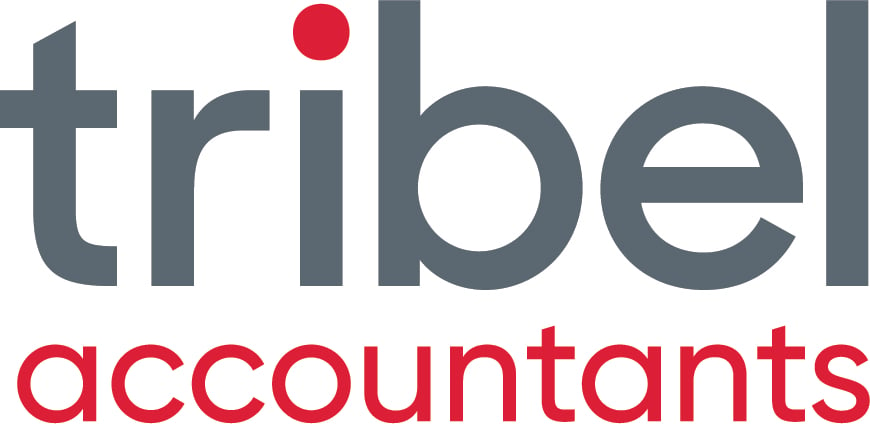INTRODUCTION:
There will usually be a number of reasons you are considering getting a business valuer to perform a business valuation. These include:
- potential purchase or sale of a business/share;
- partner/shareholder dispute;
- taxation (capital gains for non-arms-length transactions);
- compulsory acquisitions by governments (extinguishment or loss of profits & relocation);
- family law business valuations.
If you require such an analysis, business valuers will usually ask for the following so you should have these on hand wherever possible.

Figure 1: Giving a business valuer the right information will increase your chances of a higher sale.
1: Financial Statements
This one may seem fairly obvious but did you know that if you are selling you should provide comment with these figures where applicable for the past few years as most businesses will be valued on profitability. If your accounts have been purely prepared on a tax basis, it's possible that they may be showing a lower profit than if they had been prepared on an accounting basis. For example, if your business accounts show depreciation on an SBE basis, provide an add back for accounting depreciation which will usually a result in a lower expense. If unusual expenses have been incurred (legal, bad debts, extra advertising etc) make sure you provide details as to why they would be unusual and whether they will need to be incurred over the next few years. Prepaid expenditure for example might be expensed for tax purposes when it could have been shown as an asset and written off over time.
From the other side, be careful of financial statements that have unusual items for income or don't include charges to the profit & loss statement for employee leave entitlements each year. Does the business pay rent and/or reasonable salaries for family or related parties? These could mask a business performance that is not as good as it seems.
2: Customer & Supplier Lists With Values Over The Years
Business valuers will usually want to see total values earnt from customers (by customer name) and total values purchased by suppliers (by supplier name) for the current and past 3 years. The reason they look at these is to ensure that there is no reliance on few customers or suppliers as if they were to leave it could drop anticipated earnings (and the earnings multiple) substantially due to higher risk levels.

Figure 2: Look after your business customers and keep them smiling! Having lower reliance on a few customers is generally better for higher business values.
3: Risk Information
You maybe asked for information that gives a business valuer a sense of risk such as:
- key employees and their employment contracts;
- systems manuals and organisational procedures;
- regulatory compliance for safety and product or service (clearance certificates);
- details of any legal disputes;
- plant & equipment and technology assessments (up to date, current etc);
- history of profits and customer/supplier/employee retention.
The better you can answer these in a positive light the better the business valuation.
4: Strategic Or Business Plans
Having a business plan will give a buyer confidence that the business has a plan and is not being left to its own devices. If things haven't been too smooth over the past few years then a buyer will want to know how you see the business getting the business back to a reasonable earnings basis. Businesses that have annual strategic plans usually have a better business performance record (and hence higher business valuation) than those similar businesses that don't.

Figure 3: Having a business plan increases business values!
5: Three Way Budgets Including Cash Flow projections
A business that can show better cash flow than that of another, will always command a higher price. Managing cash flow through three way budgets (cash flow forecast, balance sheet and profit & loss forecasts that all balance together) is a smart way of managing the inflows and outflows and is also a good exercise in finding business improvements via better:
- debtor days;
- supplier days;
- inventory days;
- loan repayments;
- drawings/dividend management;
- income tax and GST payments.
As business advisors we swear by these projections which enable us to have conversations with our clients and offer strategies to fix cash flow which is the life blood of all small business and ultimately a higher business valuation.
CONCLUSION:
If you're thinking of getting a business valued or even if you're not, review the above key information and get it ready in any case.
One day you may need to produce it but in the meantime use it to improve your business value dramatically and increase profits and cash flow at the same time so a win-win situation arises!


.png?width=100&height=100&name=COVID_Safe_Badge_Digital%20(002).png)




